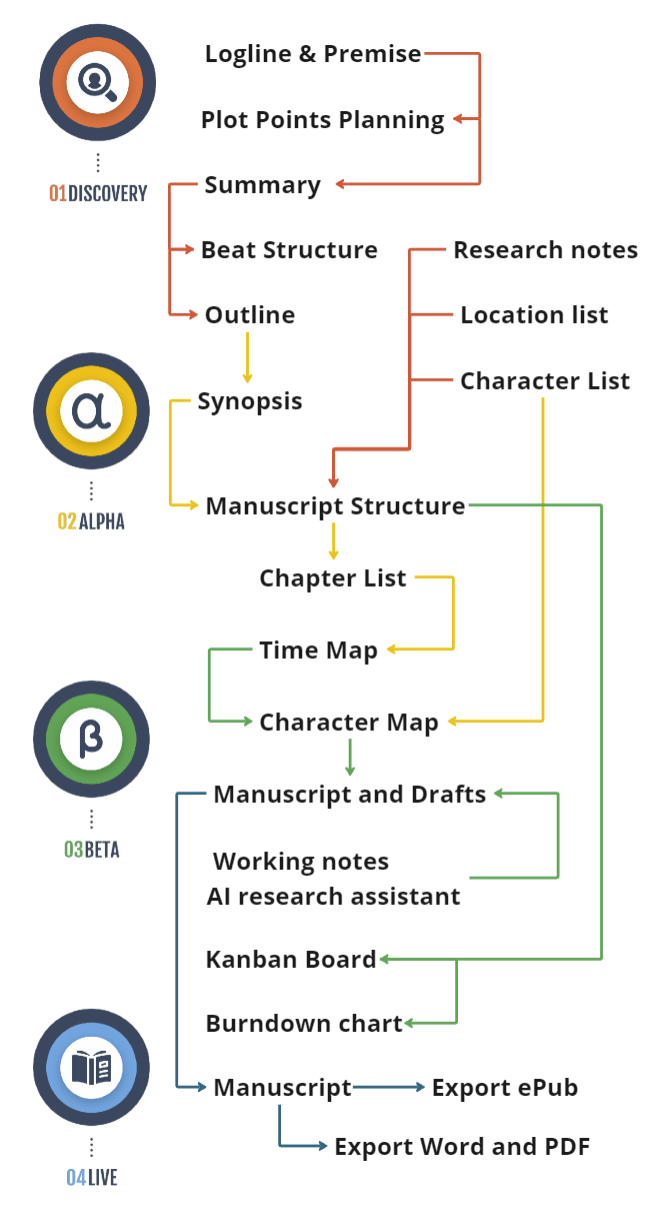Many writers juggle half a dozen half-finished novels, short stories that peter out, and research notes for unwritten blog posts. The momentum fizzles. Yet finishing what you start—truly bringing projects to a polished end—unlocks confidence and consistency. Taking leftover “scraps” of half-finished ideas and molding them into complete works fosters discipline and satisfies readers craving closure.
Finishing is more than hitting a final word count. It’s about thorough editing, coherent endings, and releasing the piece for public consumption, whether it’s self-published or offered to subscribers. The sense of finality frees mental space for new ventures. Writers who master finishing often find their creative output accelerates.
Perfectionists and “tinkerers” who accumulate endless drafts or story outlines but rarely see them through gain the most. Writers who’ve collected reams of research for a planned series—only to watch it languish—need a finishing framework to push them from idea to release. Anyone who’s felt guilt over abandoned stories can transform that remorse into renewed productivity.
Declutter Your Queue
List every stalled project. Decide which truly deserves completion and which to archive. Prioritization curbs scatterbrain syndrome.
Set Realistic Mini-Milestones
Split your finishing journey into digestible tasks: “Revise Chapter 1,” “Write final scene,” “Proofread references.” Each milestone motivates you forward.
Adopt Imposed Deadlines
If no publisher or editor sets a date, do it yourself. Announce an online release or a shared critique date. This external pressure reduces procrastination.
Reward Yourself
Finishing is worth celebrating. Pick small treats—a new writing gadget or a dedicated reading day—for each completed draft.
Retrofit Scraps
Revisit old outlines or neglected research for partial stories. Bind them into a short anthology or compile them into a blog series. Unused content often becomes the kernel for finished works.
Leaving projects hanging drains morale and keeps you in a perpetual start-mode. Once you prove you can finish tasks, your confidence spikes, and readers see you as reliable. Each completed piece adds a new SEO-friendly reference to your portfolio, heightens your brand’s credibility, and fosters audience anticipation for the next release.
Scan your creative backlog. Pick one project—no matter how small or rough. Outline a schedule for finishing, from final draft to proofreading. Honor that deadline. Once done, share it in some form, be it a blog post or eBook. Completing even one piece recharges your creative spirit and sets the tone for a more productive writing life.




